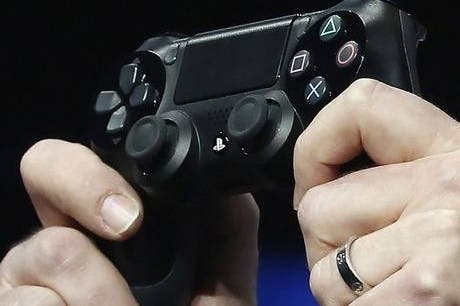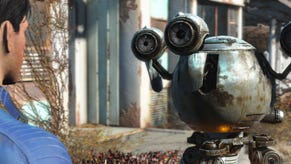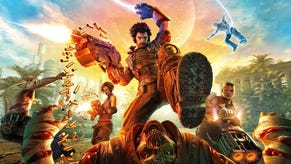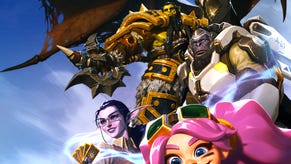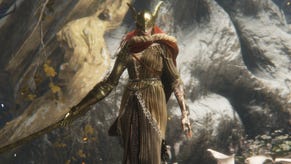US retail giant GameStop reminds Microsoft and Sony why it thinks always-online consoles are a bad idea
Will used game sales go the way of the dodo?
US retail giant GameStop has moved to remind Microsoft and Sony why it reckons always-online consoles that don't play second-hand games are a bad idea.
In an interview with Forbes, GameStop president Tony Bartel answered questions on one of the hottest topics in gaming: always online next-generation consoles that - potentially - block used games.
"There has been a lot of speculation on this topic," Bartel said. "Console manufacturers understand that recent surveys indicate 60+ per cent of video game consumers would be less likely to purchase a new console that did not play pre-owned games.
"Also, used games generate more than $1 billion of trade credit annually, 70 per cent of which is credited towards purchasing new games and new hardware."
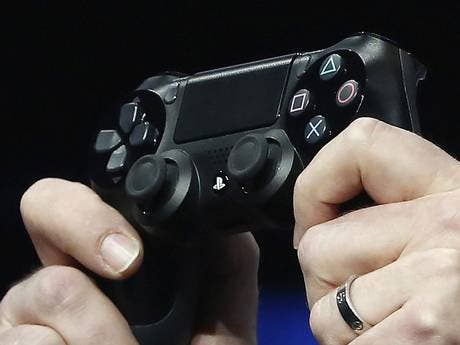
Sony Computer Entertainment president Shuhei Yoshida told Eurogamer the PlayStation 4 will play second-hand games, but it remains to be seen whether the Japanese company will attempt to limit their use in some way.
Microsoft's next Xbox, on the other hand, is rumoured to block second-hand games entirely - although this remains unconfirmed for now. According to an Edge report from February, the next Xbox will require an internet connection to function. Microsoft is thought to be ready to announce its next-gen effort in April.
It's clear why GameStop would think this a bad idea. Its business is rooted in the sale of physical media, and it does a roaring trade on second-hand sales, as do many video game shops. Any attempt to block the second-hand market would surely hurt bricks and mortar's bottom line.
Whatever the case, both Microsoft and Sony are set to expand their digital games offering with their next consoles, and Bartel is bracing himself for the impact this will cause.
"We are excited about digital content distribution and have had great success selling it at retail," he said. "We expected, and are ready for, next-gen consoles to have a significant amount of digital content options and we'll continue to drive sales of this content through all of our channels whenever possible. We believe that PlayStation Plus is an under-leveraged asset and we are anxious to help gamers discover the rich benefits that it brings."
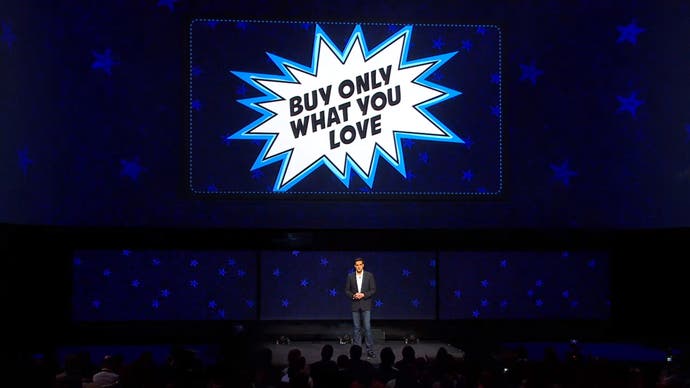
During Sony's PS4 announcement press conference Gaikai boss David Perry outlined his desire to have PlayStation 1, 2 and even 3 games playable on PS4 via his cloud-gaming tech.
It's an enticing prospect, but Bartel remains unconvinced on Gaikai's potential impact on used game sales.
"I think consumers will want to see and try this future technology before committing to purchase based solely on the streaming feature," he said. "Plus, the cost of this service is still unknown. Even with digital options potentially available, our buy-sell-trade business will continue to offer a compelling value proposition for those entry-level consumers."
If all else fails, there's always the current generation to fall back on. The PlayStation 3, Wii U and Xbox 360 have existing install bases that will dwarf the next-gen's for some time, and Bartel said these consoles will continue to prove useful to his business as a result.
"We are committed to supporting the gaming community with the widest offering of hardware and software in all formats as the industry evolves," he said. "Given that there are more than 100 million current generation systems in the US alone, that market will remain alive for some time to come."
